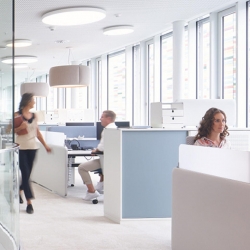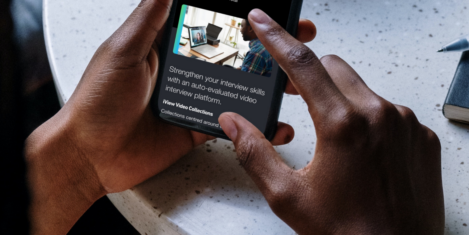March 14, 2024
Digital communication tools are a constant source of workplace strife
 A new poll of 4,000 knowledge workers in the UK, US, Germany and Australia suggests that digital communication tools are a constant source of strife in the workplace, especially between different generations of people. The poll from the Adapatavist Group, Mind the generational gap, was co-authored by Dr. Eliza Filby, a Historian of Generational Evolution. With half of companies now employing three or more generations, the report claims to reveal a pressing need for clear digital communication guidelines to support effective collaboration and workplace efficiency among diverse age groups. While highlighting areas of intergenerational friction, it also revealed large areas of mutual understanding and cooperation. More →
A new poll of 4,000 knowledge workers in the UK, US, Germany and Australia suggests that digital communication tools are a constant source of strife in the workplace, especially between different generations of people. The poll from the Adapatavist Group, Mind the generational gap, was co-authored by Dr. Eliza Filby, a Historian of Generational Evolution. With half of companies now employing three or more generations, the report claims to reveal a pressing need for clear digital communication guidelines to support effective collaboration and workplace efficiency among diverse age groups. While highlighting areas of intergenerational friction, it also revealed large areas of mutual understanding and cooperation. More →





















 Over two thirds of UK employees do not feel a sense of connection and belonging at work, according to a new poll from
Over two thirds of UK employees do not feel a sense of connection and belonging at work, according to a new poll from 













June 26, 2023
A balanced approach: making hybrid working work, and accepting it isn’t optional
by Mavis Boniface • Comment, Flexible working